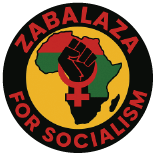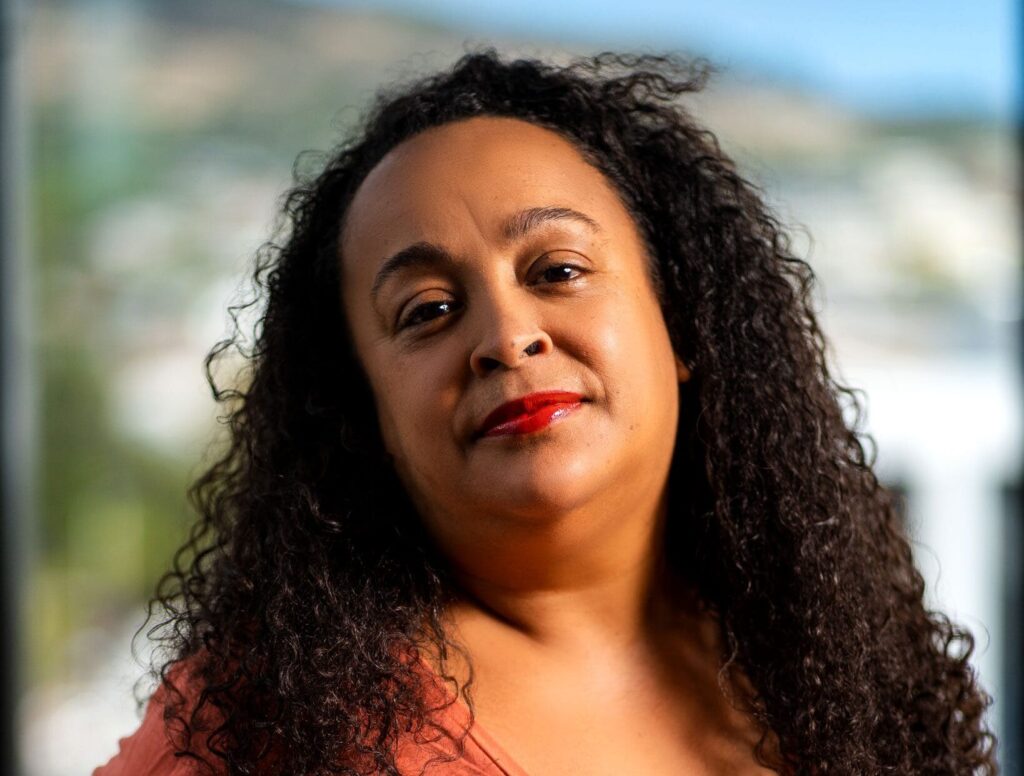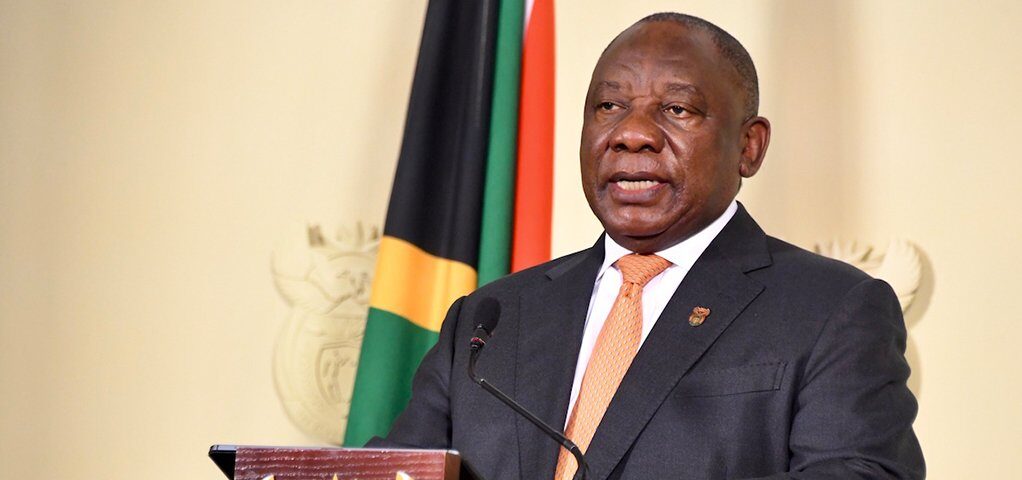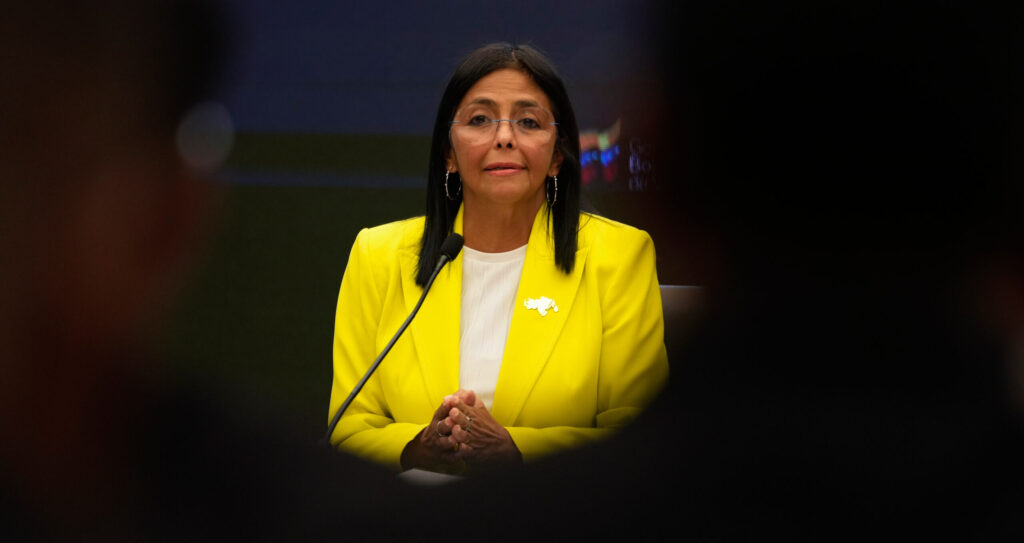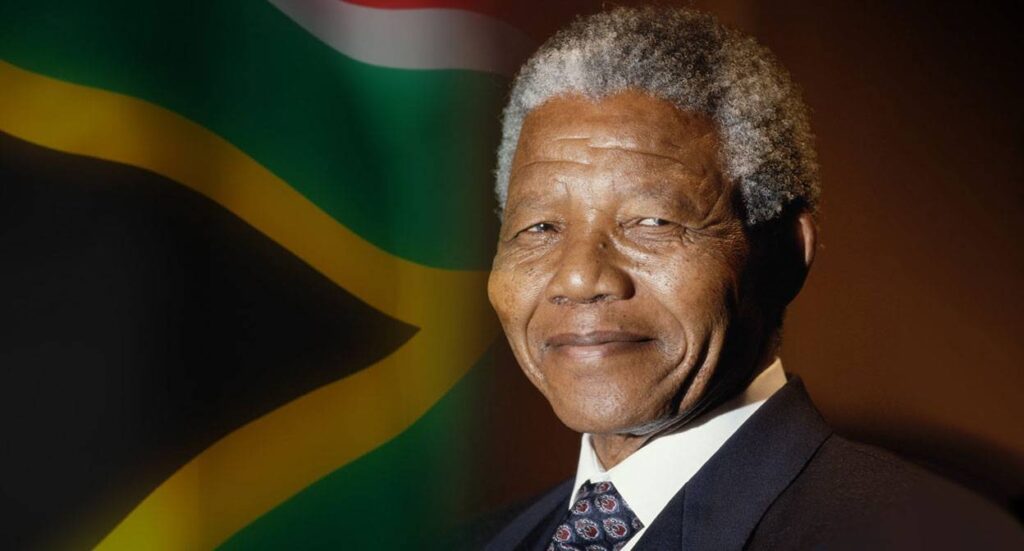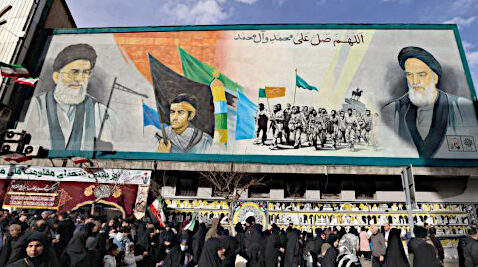Why Socialists Have Mourned her passing: A Personal View.
When the news broke that Comrade Crystal Dicks was no more, a palpable shudder went through significant sections of the local and international labour movement, through left and feminist circles and through all the organisations she encountered.
It wasn’t just that she was still in her prime at 53 years old, or that she had left behind a cherished 15-year-old daughter, or that she had finally put down roots in a friendly neighbourhood and had almost completed making a lovely home for herself and her daughter. It was much more.
It was almost as though a person had been lost to us who was in the process of quietly making the tangible difference, without fanfare, without a great deal of recognition, that we all agreed was completely necessary, regardless of our own political traditions. She was someone who was decidedly helping to bring about the conditions for deeper societal change, and especially through worker and community activist education and more recently, through a focus on younger woman activists.
Despite the prevailing circumstances, when the left is having to scramble to maintain even its sometimes marginal existence, she was opening minds, building cadre, raising and tackling the necessary difficult questions, and crucially, for those who had lost faith in much that is paraded as leadership, she led by example. She meant what she said. In short, we had lost someone who was doing the sort of consistent critical education and organising work that was needed to unshackle rigid mind-sets, tackle low self-esteem and collective confidence, and above all else, was encouraging a socialist feminist perspective, and attempting to put it into practice.
In her youth, Crystal was one of those student activists during the later years of apartheid that threw herself into liberation politics with gusto. A generation, that included her older brother, that was not intimidated by the bloody and brutal power of the apartheid state and its apologists. And later remained wary and critical of a post liberation politics that attempted to side-line mass democratic aspirations and demobilise power emanating from below. After student politics it seems almost natural that, like her brother, she would secure work in the trade union movement. Initially in the parliamentary office of the new Trade Union giant COSATU. This was at a time when socialist policies were being developed by the workers movement for a radical transfer of power. Class confidence and consciousness were still growing. Expectations from within the workers movement were crystallising into alternative plans for the economy, social development and the inclusion of the previously marginalised majority. It was an exciting time to be close to what was regarded as a key hub of power.
By her own admission, Crystal soaked up everything that was around her at that time. Employed initially in an administrative capacity, where she excelled, it soon became clear that her critical intellectual capacity was also a precious asset. As the dead weight of caution and conservatism began to surface in Parliament, and as opportunities to make radical headway there slowed and diminished, Crystal decided to work in a more strategic way in the workers movement. She wanted more contact with activists, shop stewards, accountable leadership and those coming to the labour movement for the first time.
In the late nineties, a move into the new workers education centre DITSELA presented itself and she was taken on as a Programme Officer. It was here that she ‘blossomed’. Under the guidance and support of several seasoned and radical trade union educators and activists, she soon established herself as a potent worker educator, understanding the political significance of a pedagogical approach that borrowed heavily from Friere and worker-centred education and took it further. She pioneered new programmes for women leaders, for the marginalised within the trade union movement such as unrecognised and mostly women administrators who often held organisation together while mainly male leaderships pontificated about the revolution! She worked with others to liberate organisational development theory to apply to mass democratic organisation. Becoming the Programme Coordinator, she helped build a body of work that has rarely been surpassed. But crucially for Crystal, in return she garnered for herself an understanding of the dynamics of democratic organisation. She began to see the crucial power relationships that exist in all organisations, and especially those claiming to represent the working class. She noted how leadership tended to default into forms of bureaucratisation when ‘invisible’ power relationships were disturbed, and how many of the actual practices that make up the culture of an organisation contradicted their stated aims. In short, she understood the chasm that often exists between the rhetoric and the reality, and especially for women. For Crystal this was graphically presented when the experiences of women in the trade union movement were given voice. This sharpened her socialist feminism outlook still further, and after six intense years in DITSELA she looked for work where she could untangle these contradictions further.
Along the way, she became the first Gender Officer at Wits University in Johannesburg. A new post that should have been an exciting and challenging breakthrough appointment. Amongst many other developments, in a very short period, she helped frame its expanding terms of reference, its point of entry into the academy, introduced equality policy development and its adoption, guidelines for grievance handling, and detailed the support that was needed to make sure those who had suffered from discrimination was effective. The workload was onerous to say the least. She built a formidable small team, and their work was truly groundbreaking, and clearly, threatening to some.
It wasn’t long however before the ugly head of institutional and personal patriarchy, embedded in much of the so-called liberal education tradition reacted and pushed back. The Gender Office was creating a disturbance. It was challenging established norms. It was giving voice to the powerless.
The patriarchy responded, as all entrenched privilege does. The Gender Office was accused of being disrespectful, of not acknowledging an ethos that had been established over many decades of learning. The top echelons of the University who claimed a progressive outlook, colluded with openly reactionary forces to marginalise the Gender Office and attempts were made to restrict its growing influence. Meanwhile its popularity with the student body was on the ascendency and especially during the period of rising student militancy culminating in the Fees Must Fall movement.
The full story and the lessons to be drawn from this shameful episode need to be captured and absorbed by all those interested in overcoming patriarchy and its baleful influence on the class struggle. Crystals departure from the University after two years of what can only be described as trench warfare left her exhausted, angry and feeling betrayed. She explained some of this in a courageous article in the Mail and Guardian sometime later when a central character in the Wits fiasco attempted to assert his divine rights in another overseas University and was finally exposed as being shallow and self-centred.
It did not take long however for Crystal to recognise that she needed to rebuild her strength, focus on what mattered in her life, especially in terms of her relationships with friends and comrades, and the well-being of her beloved daughter. Remarkably, her passion for the politics of liberation, and especially the centrality of class struggle and the socialist feminist perspective within it remained undimmed. In fact, if anything the positive and negative experiences she went through deepened her commitment to it.
Up until the time of her untimely death she worked for a range of organisations, some focused on younger people, some on trade unions, others in wider civil society and mostly on developing educational and policy strategies for significant change. She became known for her tenacity, her super sharp mind, her creative and engaging work style, her irrepressible and often irreverent good humour, and once again, the way that she tried to live her life in tune with the principles she held dear. Others must capture Crystals impact during this period. There are so many lessons to share.
Over the last few weeks since Crystal passed away due to heart failure there have been intensely moving and glowing eulogies paid to her memory. So much so that it was widely noted that the one person who would have recoiled in horror from so much praise was none other than Crystal herself.
Despite her achievements, she was modest to a fault. Those she unstintingly mentored have given testimony to her confidence building methods and support. Those in the many campaigns she participated in, on the need for democracy in Swaziland, and for Palestinian freedom, were always reassured of her support in word and crucially, of deed. Her friends, myself included, and her family especially her brother, knew her loyalty, but also her straight talking when she didn’t agree with an approach or conclusion that she thought inappropriate or lacking in clarity or simply in her view, were ‘bloody wrong’. But here’s the thing. She was not a dogmatist. She would seek advice, change her views, be prepared to read and listen if it meant that political, paid and unpaid work for the common good could be enhanced. But she never wavered, even in the face of sometimes appalling pressure and the reactionary behaviour of others, (they know who they are!) to lose sight of the need for a socialist feminist solution to the chaotic world we live in. Never.
The one thing almost all those who have spoken of her passing have noted, is that Crystal was above all else, intensely human. I think we all have an inkling of what that could mean. She was strong, fragile, knowledgeable, naive, worldly, tough, tender and everything in between. She loved the proletariat, but had a taste for fine cuisine, and even sometimes a little bourgeois pampering. She loved all manner of music and voraciously read books and journals of every hue. She loved poetry and could be moved to tears by a single stanza. She was brilliant company around a table laden with good food she had cooked and where the latest political argument and revolutionary gossip were aired. It’s no wonder she was so deeply loved by so many. Farewell Crystal. A shining light in a world that needed you more than ever. Hamba Kahle.
